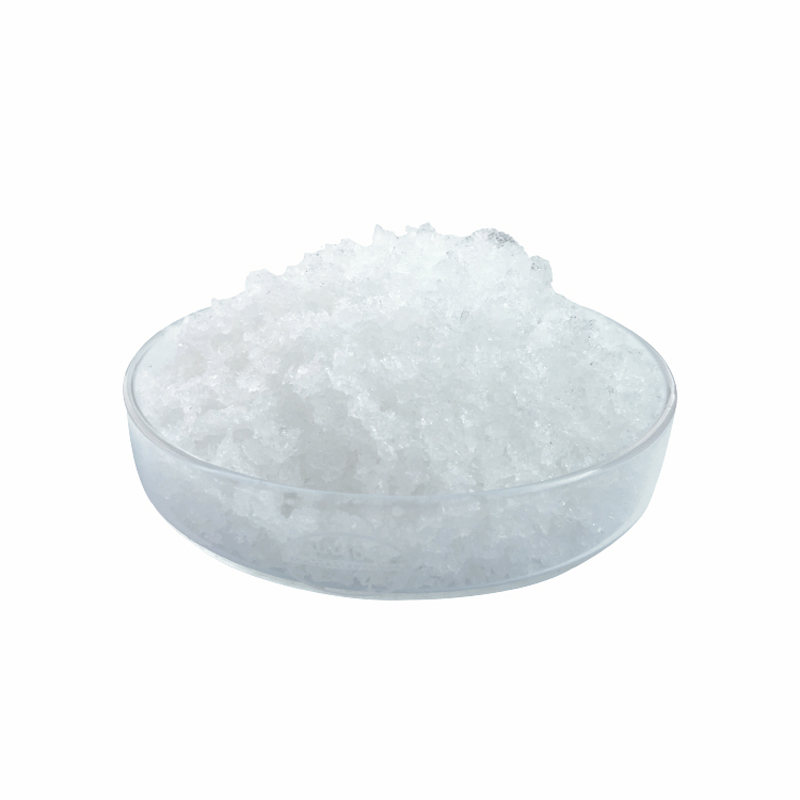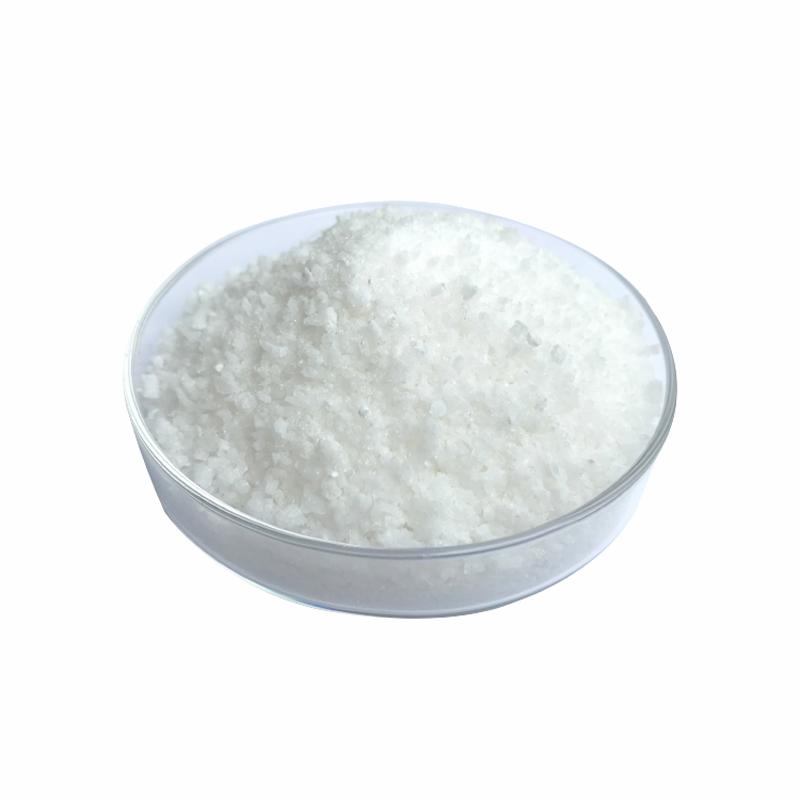China has asked exporters to report transactions of strategically important rare earth metals and oxide products, as economic security remains high on the agenda for policymakers.
Importers of crude oil, iron ore, copper ore concentrates and potash fertiliser have also been asked to report orders and shipments, the Ministry of Commerce said on Tuesday. Lanthanum Trichloride Heptahydrate

The new requirements, an update on the commodity reporting regulations released by the National Bureau of Statistics in 2022, will last for two years starting from October 31.
Previously, 14 imported items fell under the reporting mechanism, including soybeans, rapeseed oil, formula milk powder, pork, beef and sugar.
Rare earths, though, are the only item on the export reporting list.
China is the world’s top producer of rare earths, which can be used in a variety of sectors, such as defence and new energy vehicles.
It has long been speculated they could be used as a potential tool of retaliation against the US trade war.
Beijing has continued to supply overseas buyers, despite Washington taking actions to obtain increased supplies from its domestic mining, as well as its allies such as Australia, and further afield including Vietnam and Mongolia.
China restricts critical metal exports following Western semiconductor curbs in latest trade war
According to the new regulations, traders need to provide real time reports, including country of origin information, the date any contract was signed, the quantity, the data the shipment was loaded, as well as shipment and arrival details and the port of arrival for customs clearance.
The China Chamber of Commerce of Metals, Minerals and Chemicals Importers and Exporters – a Beijing-based semi-official trade body – has been assigned to collect, compile and analyse the data, which will be sent to the commerce ministry.
However, authorities would not share detailed business information, promising to protect commercial secrets.
The import requirements point to Beijing’s concerns over potential key choke points, as the world’s second-largest economy imported a vast majority of crude oil, iron ore and copper to fuel its rapid economic expansion.
At a State Council meeting on Friday, Premier Li Qiang said China should coordinate and ensure proper planning for rare earth exploration, development and research.
The meeting confirmed Beijing would crack down on illegal mining, improve breakthroughs in high-end rare earth materials and push for a green and smart transition of the industry.

Zr(NO3)4 China accounted for nearly 70 per cent of the global mine production of rare earths and nearly 85 per cent of the global processing capacity in 2022, which makes overseas reliance on China unlikely to ease over in the short term.
